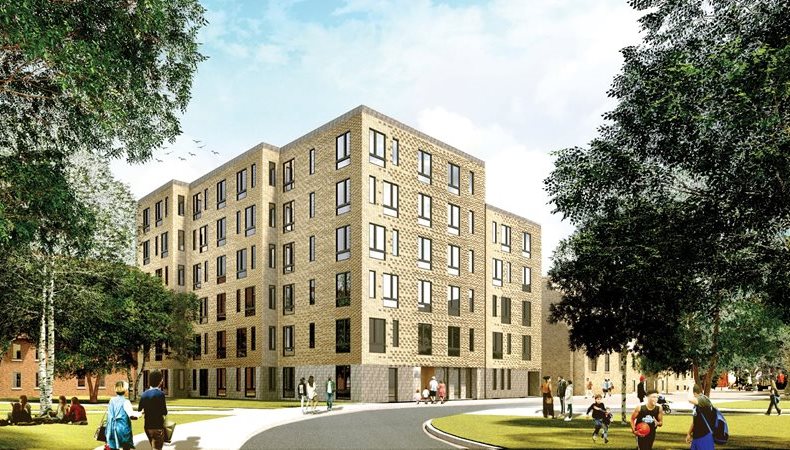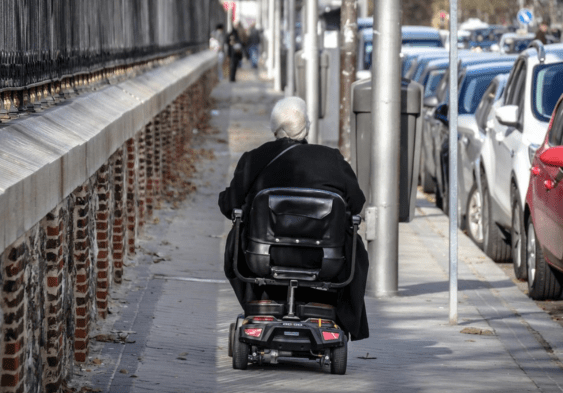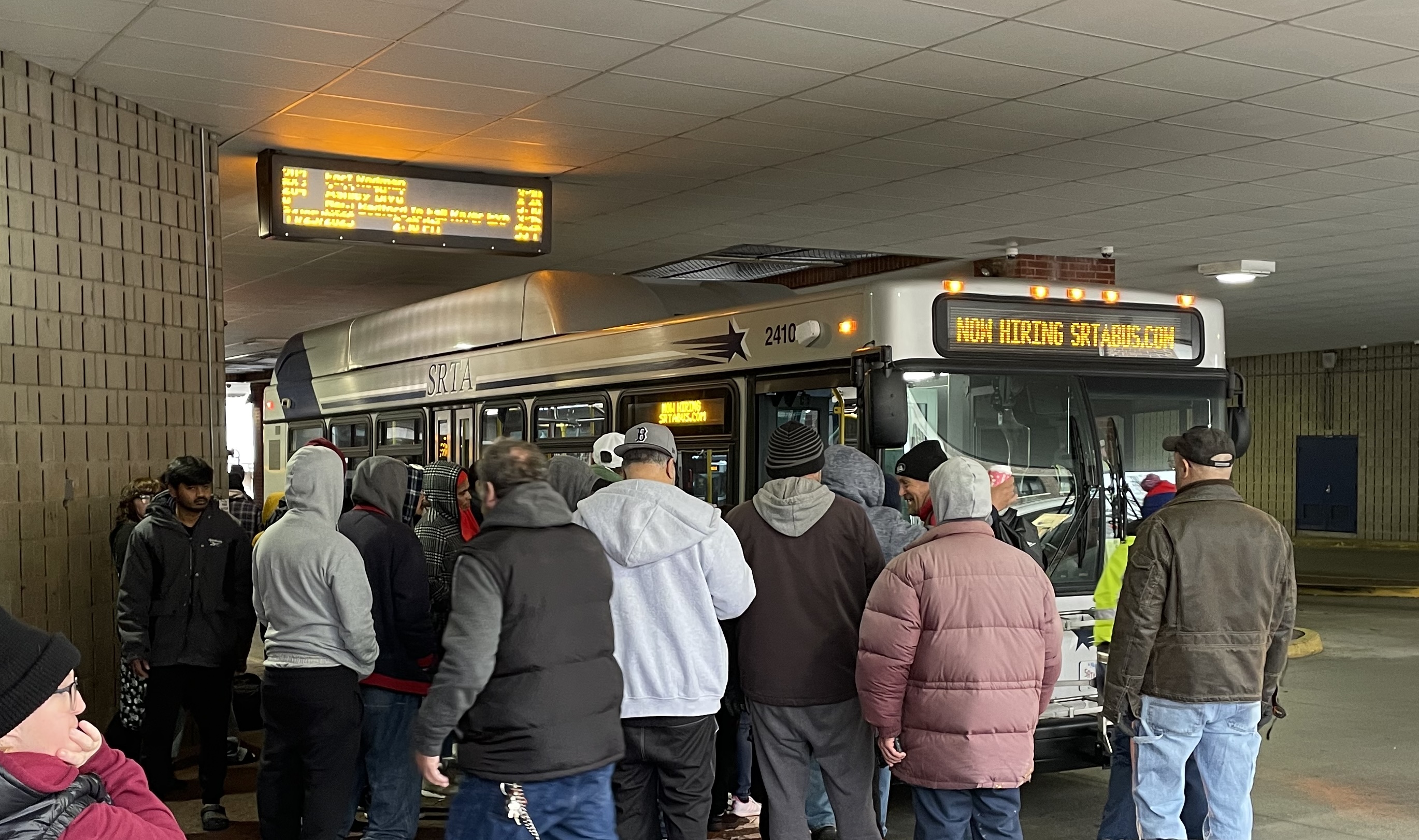According to year-end statistics compiled by the Boston Planning and Development Agency (BPDA), Boston planners approved 55 development projects in 2020 that will build over 12,000 new homes, 6.5 million square feet of new commercial space, and enough parking to store up to 11,162 more cars – and almost all of that new parking would be built in transit-accessible neighborhoods within a quarter-mile of an MBTA station.
2020 BPDA project approvals for mixed-use and residential developments
"TOD" indicates "transit-oriented development" – projects that are located within a quarter-mile of an MBTA rapid transit or commuter rail station. Source: BPDA
| Purely Residential Projects | Total | in TOD | % TOD |
| Projects | 20 | 12 | 60% |
| Housing Units | 1,403 | 734 | 52% |
| Residential SF | 1,437,173 | 714,254 | 50% |
| Other SF | 112,450 | 34,587 | 31% |
| Parking Spaces | 660 | 113 | 17% |
| Mixed-Use Projects (excluding Suffolk Downs) | Total | in TOD | % TOD |
| Projects | 25 | 19 | 76% |
| Housing Units | 3,794 | 3,125 | 82% |
| Residential SF | 3,809,345 | 3,218,896 | 84% |
| Commercial SF | 1,831,079 | 1,819,753 | 99% |
| Other SF | 739,548 | 653,732 | 88% |
| Parking Spaces | 3,542 | 3,267 | 92% |
| Suffolk Downs project (Boston portion only) | Total | % TOD | |
| Housing Units | 7,150 | 100% | |
| Residential SF | 7,310,000 | 100% | |
| Commercial SF | 3,210,00 | 100% | |
| Other SF | 470,000 | 100% | |
| Parking Spaces | 6,760 | 100% |
About three-fifths of that new parking (up to 6,760 spaces) and nearly two-thirds of the housing (7,150 apartments) would be concentrated in East Boston as part of the Suffolk Downs development, which boasts direct access to two MBTA Blue Line stations. That project is expected to be built out in phases over the coming decade.
Outside the Suffolk Downs project, the BPDA approved 4,402 parking spaces, 5,197 new housing units, and 5 million square feet of space for com mercial, institutional, and other non-residential uses (for context, the massive Partners Healthcare headquarters building next to the Assembly Orange Line station in Somerville holds about 825,000 square feet of office space).
Although the BPDA is permitting massive amounts of new parking across the city, the ratio of parking to housing did decline this year compared to 2019, when the agency approved 4,762 new homes plus enough parking for 5,080 cars.
Related:
2019 Development Data Show Almost All Of Boston’s New Housing Is Being Built For Car Owners
Among the 20 purely residential projects approved in 2020, developers would build 1,403 new apartments and 660 new parking spaces - roughly one parking spot for every 2 apartments.
But among the subset of 12 apartment projects that would be located within a quarter-mile of and MBTA rapid transit or commuter rail station, the parking ratio was significantly lower: a total of 113 new parking spaces for 734 apartments (0.15 spaces per housing unit).
The vast majority of new development in Boston is mixed-use, with a blend of residential and commercial spaces. Those projects had higher ratios of parking spaces per apartment, but their garages could be shared with commercial tenants as well.
Besides the Suffolk Downs master plan, the BPDA approved 25 other mixed-use projects in 2020, among which residential uses were the primary component overall.
Those projects (excluding Suffolk Downs) would build approximately 3,023 new homes, 2.6 million square feet of office, retail, and other non-residential space, and 3,542 parking spaces.
This year's modest decline in Boston's parking-per-apartment ratio may owe some credit to the Metropolitan Area Planning Commission's 2019 "Perfect Fit" report, which surveyed parking use at new residential developments in Boston and its suburbs, and found widespread evidence that developers have been building an excessive amount of parking in new housing developments, to the detriment of transit ridership and affordability.
Related:
StreetsblogUSA: Apartments With Free Parking Reduce Transit Ridership
A handful of the projects that the BPDA approved in 2020 eschew any on-site parking whatsoever: a new mixed-use building proposed for Boylston Street in the Fenway neighborhood, for instance, would add 477 new apartments with ground-floor retail and theater spaces, without a parking garage.
And in Roxbury, the proposed Northampton Street residences (pictured at the top of this post), will replace a surface parking lot with a new 6-story building containing 47 affordable homes next to the Southwest Corridor Park, just one block away from the Massachusetts Ave. Orange Line station.
Most BPDA-approved commercial and institutional building projects that were approved in 2020 also won’t build any new parking garages.
Last year, the BPDA approved 2.3 million square feet of new construction among 9 non-residential projects, including hotels, offices, and lab buildings.
According to the BPDA, only two of those projects will include on-site parking: a new WBZ-TV television studio on Soldiers Field Road in Allston, which will include a 140-space parking lot, and a multi-building project in Kenmore Square, which will include a 60-space parking garage.
2020 BPDA project approvals for commercial and institutional developments
"TOD" indicates projects located in transit-oriented districts. Source: BPDA
| Purely Commercial Projects | |||
|---|---|---|---|
| Total | in TOD | % TOD | |
| Projects | 7 | 5 | 71% |
| Total square footage | 1,610,458 | 1,445,385 | 90% |
| Parking Spaces | 200 | 60 | 30% |
| Purely Institutional Projects | |||
| Total | in TOD | % TOD | |
| Projects | 2 | 2 | 100% |
| Total square footage | 688,750 | 688,750 | 100% |
| Parking Spaces | 0 | 0 | 0% |






